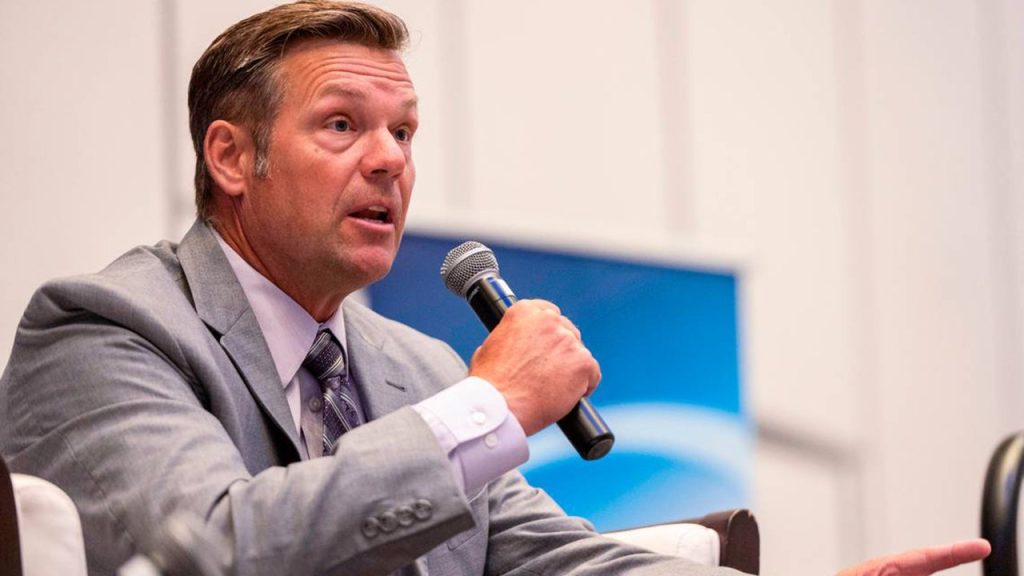The Kansas Supreme Court issued a complex ruling on a 2021 election law, upholding certain provisions while overturning others. One of the key points of contention was the requirement for election officials to match signatures on mail-in ballots to voter registration records. The majority opinion stated that there is no fundamental right to vote enshrined in the Kansas Constitution’s Bill of Rights, which drew strong dissent from three justices who argued that there is a right to vote under the state constitution. However, the court unanimously sided with the challengers of a provision that criminalizes giving the appearance of being an election official, stating that it could suppress free speech and hinder voter registration efforts.
The high court’s decision to reject arguments from voting rights groups that the signature verification measure violates state constitutional voting rights was met with criticism from dissenting justices who felt that the court was betraying its duty to safeguard the rights of Kansans. The court also faulted the law criminalizing impersonation of an election official, noting that it could criminalize honest speech and create confusion among voter registration volunteers. As a result, the lower court was ordered to reconsider issuing an emergency injunction against this provision, which was seen as a victory for voting rights advocates.
Supporters of the upheld provisions, including a limit on the number of advance ballots that can be collected by individuals, argued that these measures are necessary to maintain election security. The signature verification requirement and ballot collection limitations were passed by the GOP-led Legislature over a veto by Democratic Gov. Laura Kelly. Critics have suggested that these measures are a response to baseless claims of election fraud and could lead to voter suppression. The court upheld the limit on ballot collections, stating that voters have multiple ways to deliver their ballots and that collecting ballots does not constitute free speech.
Kansas Secretary of State Scott Schwab and state Attorney General Kris Kobach welcomed the court’s decision to uphold the signature verification law and praised its language supporting reasonable election security measures in the state. Kobach defended the court’s opinion, stating that the Legislature has the authority to establish procedures like signature verification to ensure the integrity of the voting process. The court’s ruling was seen as a victory for maintaining election security in Kansas, but critics argued that it could impede voter registration efforts and limit access to the ballot box. The ongoing legal battle over the 2021 election law is likely to continue as advocates on both sides fight for their respective positions.













